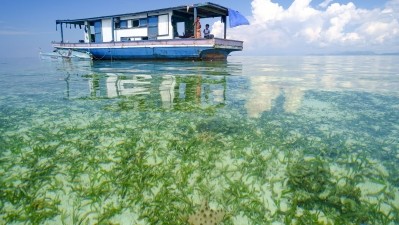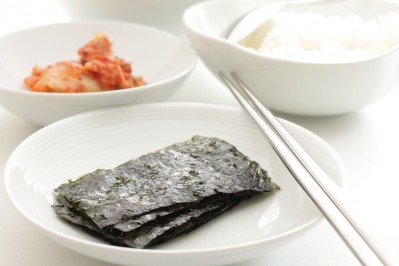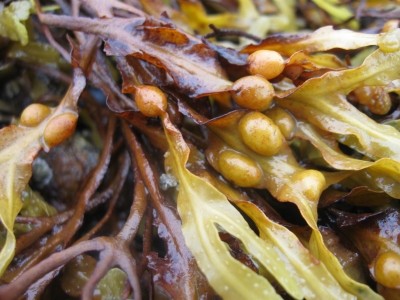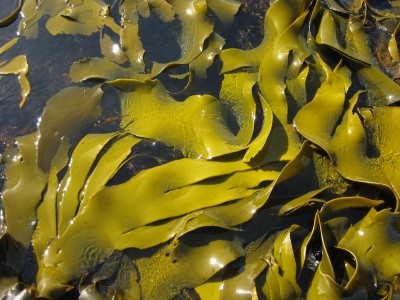Australia
Lab-made seaweed and lobster shell jelly may soon be a lunchbox staple
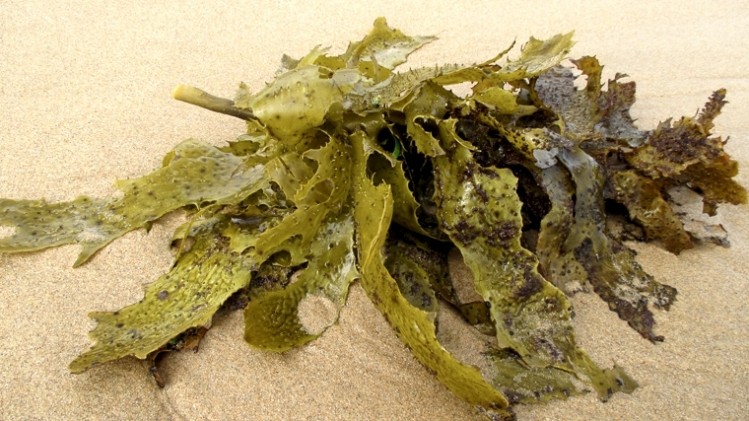
Developed by researchers in South Australia, SeaNu is meant for the growing number of children who shun milk products.
Next year’s commercial release in Australia will be followed by Asian launches soon afterwards.
Wei Zhang, director of Flinders University’s Centre for Marine Bioproducts Development, said the snack will target global health markets, but was best suited for Asian customers because of their high regard for Australian marine products.
“In Australia, one in six people avoid diary and that applies to children also. In general, calcium deficiency is a global issue and there is a need for products that have no dairy,” he said.
“Many Asian countries also do not typically eat large amounts of dairy products and we are hoping to definitely target there soon after we commercialise the product in Australia.”
Zhang’s team used biorefinery technology to reconstitute biological material and formulate it into a small jelly for children to take to school in their lunch boxes.
Prof. Zhang said farmed and wild seaweed have widely used in Asian countries and some parts of Europe as vitamin and mineral supplements.
Seaweed is not only rich in trace minerals, calcium and vitamins but is a low-calorie source of protein and fibre, responsible for up to 20% of the Asian diet. Lobster shell, meanwhile, is also high in calcium and protein. The seaweed food ingredients business is worth an estimated US$1bn.
The seaweed jelly is still in a prototype phase, but is being refined for taste and texture so it can meet a projected launch date of January 2018.
